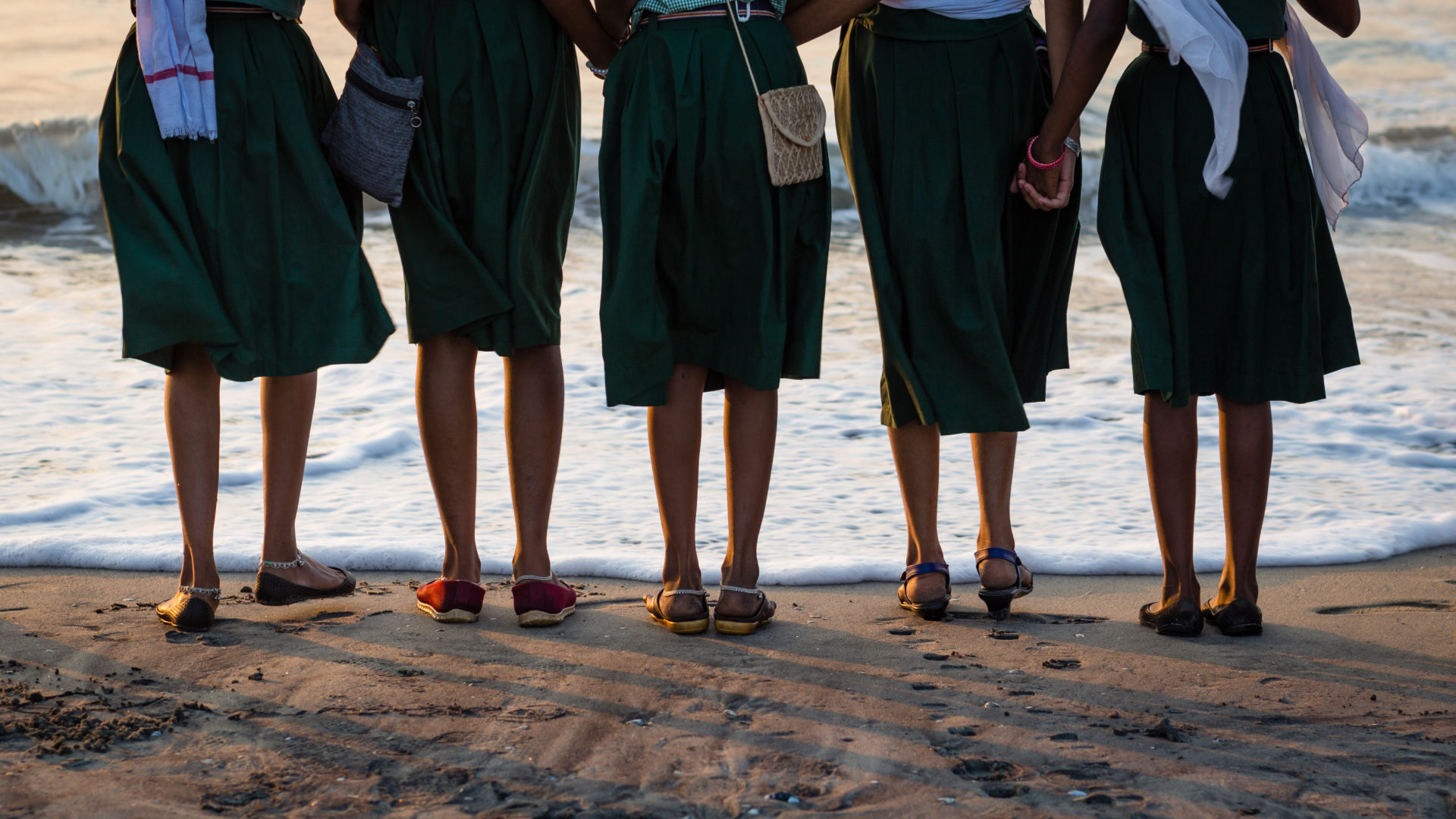Teen Pregnancy Leads to Early Marriage in Many Countries, Study Finds
Written by Lauren Salmiery | Published: September 28, 2016
What does poverty mean for young people in the developing world? For far too many girls it means adolescent sexual activity—often transactional—followed by pregnancy and early marriage.
An estimated 15 million girls are married before their 18th birthdays each year—that’s 28 girls every minute. A recent study conducted by the International Center for Research on Women (ICRW) in Kenya and Zambia, shows that gender inequality and economic insecurity are the leading factors of early marriage. When a girl lacks economic opportunities to support herself, or cannot receive support from her family, she is more likely to become involved in adolescent transactional sexual activity.
This study is among the first to find that, in this region, teen pregnancy oftentimes precedes early marriage. After a young girl becomes pregnant, her family and community may pressure her into marrying as a means of providing for herself and her child.
Breaking the cycle of early marriage isn’t a quick task. As aid organizations continue their work for ending the cultural acceptance of early marriage and empowering girls, it is imperative to remember the importance of social and cultural norms that sustain early marriage. Involving youth, their parents, community elders, and health professionals in the conversation is essential for lasting success and cultural and societal change.
In the context of the countries and communities where teen pregnancy lead to early and forced marriage, one important remedy to early marriage is the provision of comprehensive sexual and reproductive health education. Engaging parents and community leaders in discussions about sexual health and adolescence addresses misconceptions head on, while earning the respect and legitimacy of the community, will help advocates break down harmful stigmas.
Given the important role reproductive rights can play in the empowering of young girls and preventing early marriages, it is imperative that leaders around the world contribute more to funding services. This is especially urgent right now as the United Nations Population Fund (UNFPA) is struggling with a funding shortfall which will hinder the organization’s important work in making reproductive health services available around the world. As a global leader in family planning and reproductive health funding, the United States has to commit to increasing support in order to prevent a looming public health crisis caused by lack of access to contraception.
Investing more in the reproductive health of teenagers is not only the right thing to do, but also a smart move for global development. In fact, for every dollar spent on contraception and reproductive health services, we can save four dollars, which can be used for improving the quality of life in the most impoverished communities.
Ensuring that women and girls have access to the knowledge and tools needed for their reproductive health will go significantly further than just providing them with contraception. It will empower women and girls to be the decision-makers in their own lives and maintain control over their bodies. In fact, more we invest in women’s empowerment, the less frequently we will see the perpetuation of harmful practices such as early marriage. It’s time to give girls equal access to a fulfilling life.

